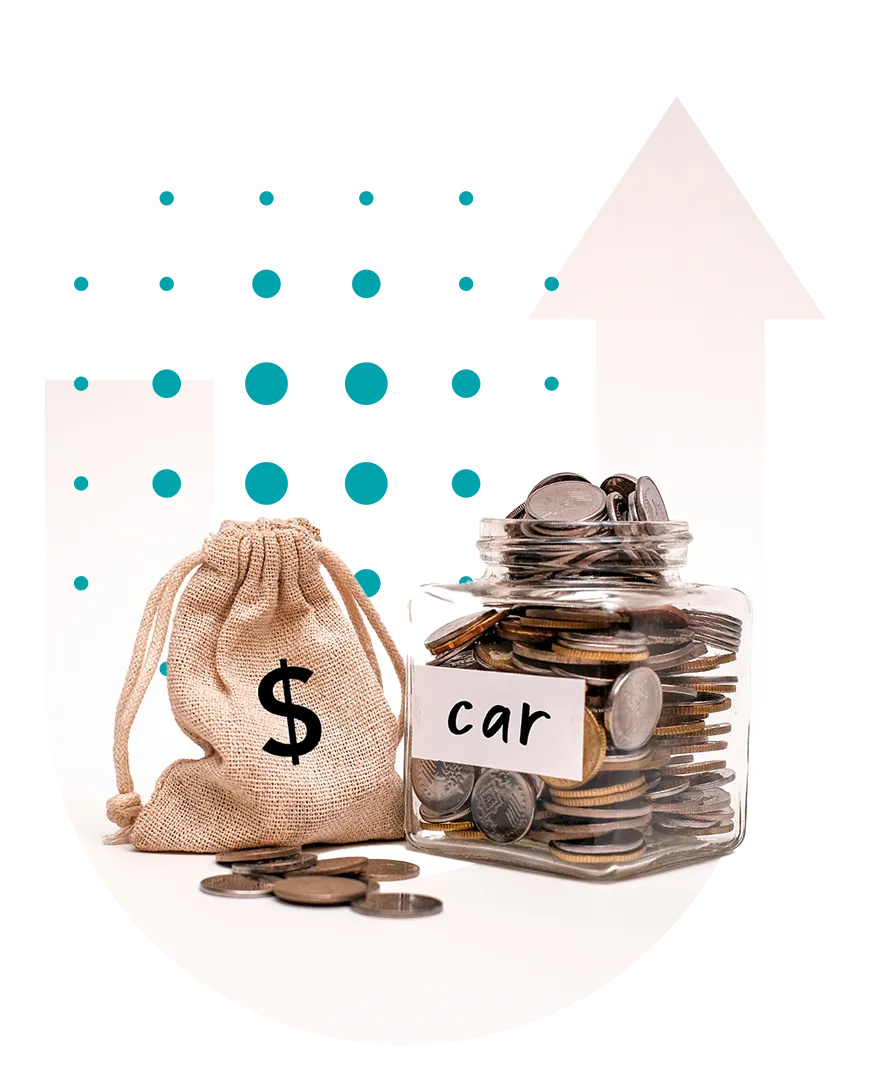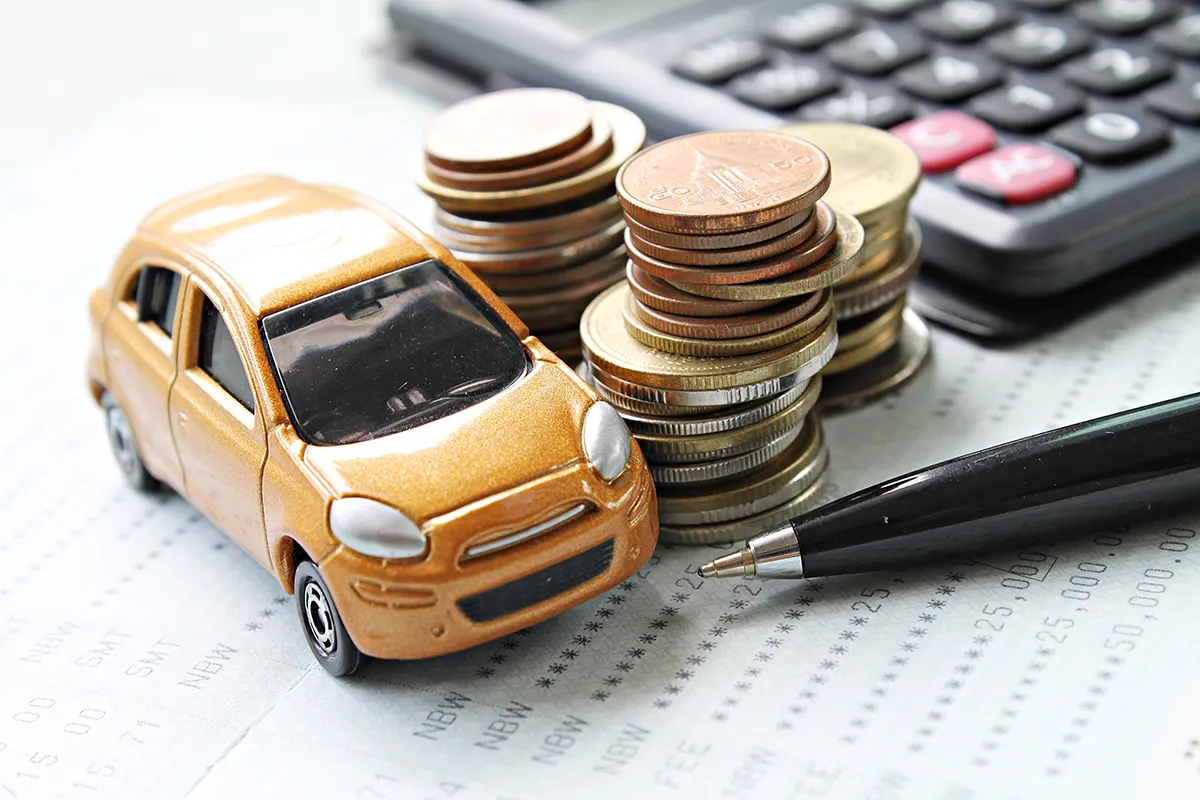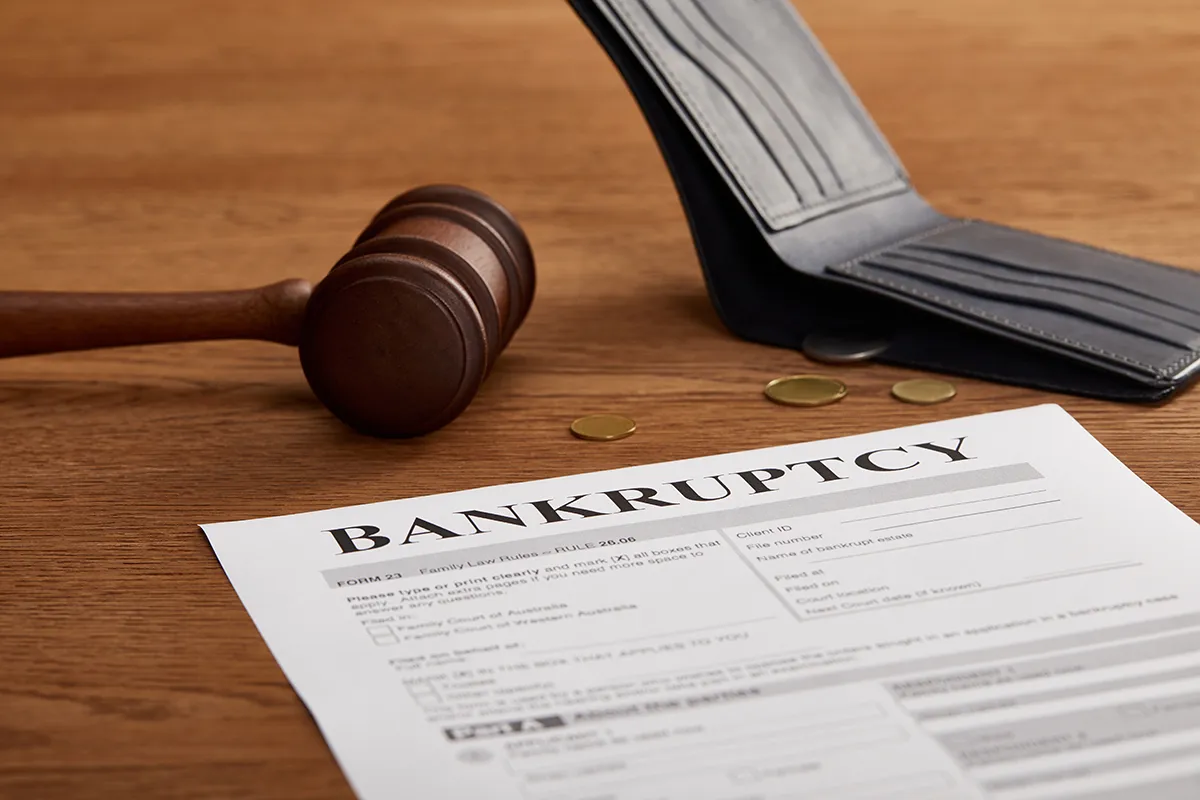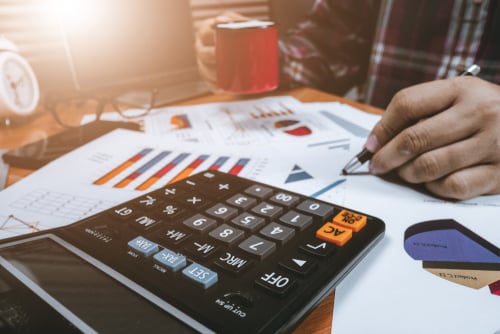How to Avoid Car Repossession
Let’s say that times are tough, you’re behind on your bills and money is tight. You may be facing some tough choices toward the end of the month that could include possibly missing a car payment.
Or maybe things aren’t so tight but you’ve inadvertently overlooked making a car payment out of carelessness. Either way – missing a monthly car payment is never a good idea – as depending on your agreement with your auto creditor, default and repossession can quickly take place following a missed payment. That being the case, let’s take a closer look at how to avoid car repossession.

So, how should students prepare for student debt and the challenges associated with paying it back upon graduation? Let’s take a closer look.
Missed Car Payment?
If you’ve missed a car payment or on the verge of missing one, don’t panic. Being late by one day on a car payment does not automatically mean you are in default and that repossession is right around the corner.
Many agreements require thirty days or more of delinquency before default, with some agreements requiring the creditor to inform the consumer in writing that delinquency has led to default.
Regardless, if you have missed or may miss a payment, there are actions you can take, so be sure to have a candid conversation with your auto lender. Prepare for this conversation ahead of time. Get clear on your loan balance, interest rate and duration of auto loan, and whether there are any late fees or penalties associated with it.
Examine your monthly budget and determine whether this particular month represents just a one-time problem or a potentially recurring problem that may speak to your auto loan or lease being too expensive for you to afford. If you merely forgot to make the payment or this is really just a one-time problem, make arrangements with your lender to pay for the month right away, including any late fees.
Some lenders may even grant loan deferment, shifting the current monthly principal payment toward the back of the loan, allowing you to pay just the monthly interest expense while often also waiving late fees. Receiving loan deferment is one reason why it is important to contact your lender. If you simply carelessly overlooked making the payment, consider instituting automatic payments on the account, as well.
ABC
Contact Your Lender
Your first priority to avoid repossession is to get caught up on all delinquent payments, if there are any. Next, if your car loan or lease is unaffordable over the long-term, when speaking with your lender, seek a loan deferment for the current month before exploring additional options that include refinancing or trading in for a different (less expensive) vehicle.
Be courteous and kind, explaining your current financial situation and providing context for your need to alter your original loan agreement. Refinancing often requires good credit – so try to refinance before missing any auto payments, when you sense you could be headed for trouble. Refinancing could reduce your monthly payment – but can also bring drawbacks.
For instance, will your total interest expense increase over the new life of the loan? What is the new interest rate as compared to the original interest rate? Are there penalties and/or fees associated with refinancing, and will you be required to make an upfront payment in order to refinance? Therefore, prior to refinancing or trading in for a less expensive vehicle, make certain, in fact, that the financials involved are to your long-term advantage.
Repossession and Consequences
There are two types of repossession – voluntary repossession and involuntary repossession. Voluntary repossession takes place when it makes sense to turn in a car when it becomes clear that the loan or lease have become unaffordable.
However, involuntary repossession is when the lender arranges for the “repo man” to take your car from your property – or someplace else, by simply following you around after attaching electronic tracking devices to it and waiting for you to park. Once you in default, a lender can seize a car from your property (or a neighbor’s property) without your permission, as long as it does not “breach the peace.”
Importantly, when a vehicle is repossessed, the balance due on the loan remains, and repossession costs are often added to it. Even after your car has been repossessed, the auto lender can seek collection and sue for a deficiency judgment. Even if your vehicle is sold at auction, the amount raised may not be enough to cover the deficiency owed, leaving you owing the remainder.


Credit Score Damage
Auto Repossession will damage a credit score and profile. The late payments that lead to defaulting on an auto loan or lease damage a credit score, and the actual repossession becomes part of the public records section within a credit report for seven years.
Furthermore, collections actions and/or an eventual deficiency judgment will also remain on a credit report for seven years, doing further damage. With time, the damage that repossession causes to a credit score and profile will lessen as timely repayment of other accounts is maintained, but clearly it is best avoided in the first place.
That is why it is of primary importance to monitor your auto loan or lease, make certain it is affordable for the long-run, and to initiate contact with your lender if and when you run into trouble. Approaching your lender with a courteous attitude and a prepared mind can help you obtain a deferment or proper refinancing, and this, combined with getting caught up on any delinquent payments, can help you avoid repossession and its consequences.
Are you in debt? we can help

About The Author: Steven Brachman
Steven Brachman is the lead content provider for UnitedSettlement.com. A graduate of the University of Michigan with a B.A. in Economics, Steven spent several years as a registered representative in the securities industry before moving on to equity research and trading. He is also an experienced test-prep professional and admissions consultant to aspiring graduate business school students. In his spare time, Steven enjoys writing, reading, travel, music and fantasy sports.
Get Debt Relief
Speak with licensed debt specialists dedicated to guiding you toward financial stability every step of the way.

Ready To Get Started?
See if you qualify for debt relief. Get a Free savings estimate to see how quickly you can be debt free.
Embrace financial freedom with our tailored solutions, expert guidance, and unwavering commitment to your success.
Experienced Professionals
Our experienced team has helped thousands of clients successfully eliminate debt and regain financial freedom.
Customized Solutions
We know every financial situation is different, so we design personalized debt relief plans to fit your specific needs and goals.
High Success Rate
Our proven debt relief strategies deliver real results. With a strong track record of success, we help clients achieve lasting financial stability.
Confidential Consultation
Your privacy is our priority. All debt relief consultations are 100% confidential and handled with the highest level of discretion.
Explore other blogs











